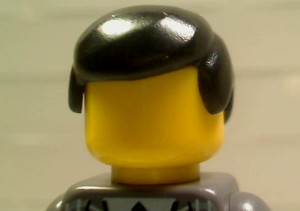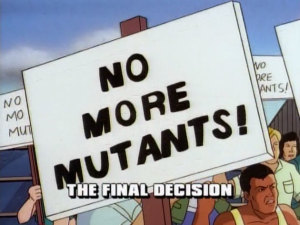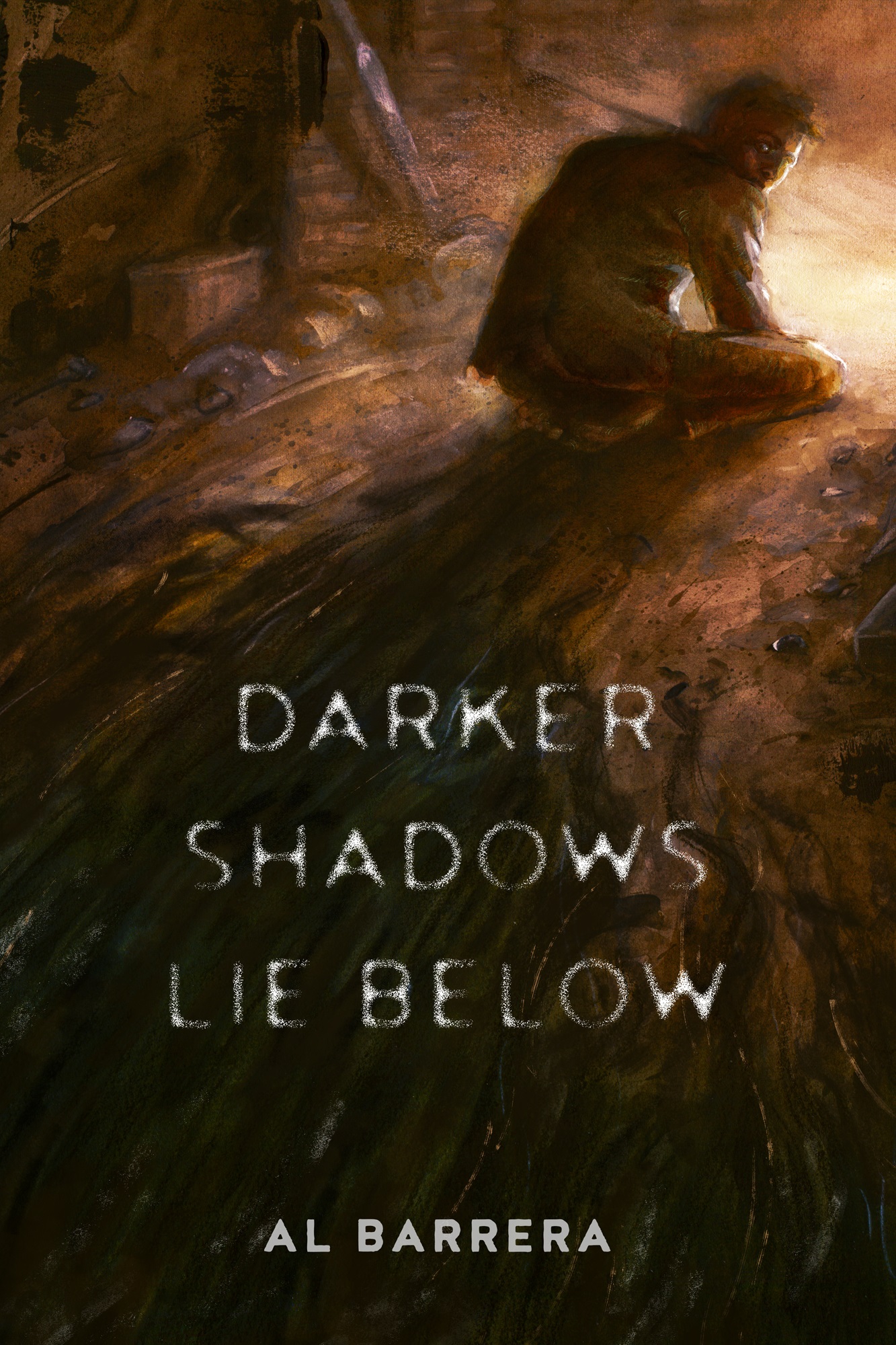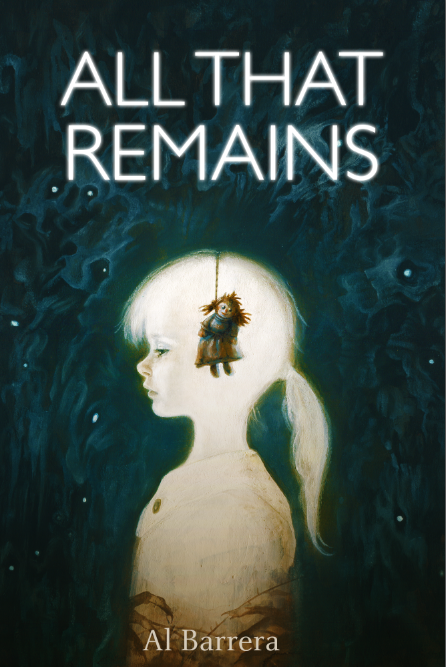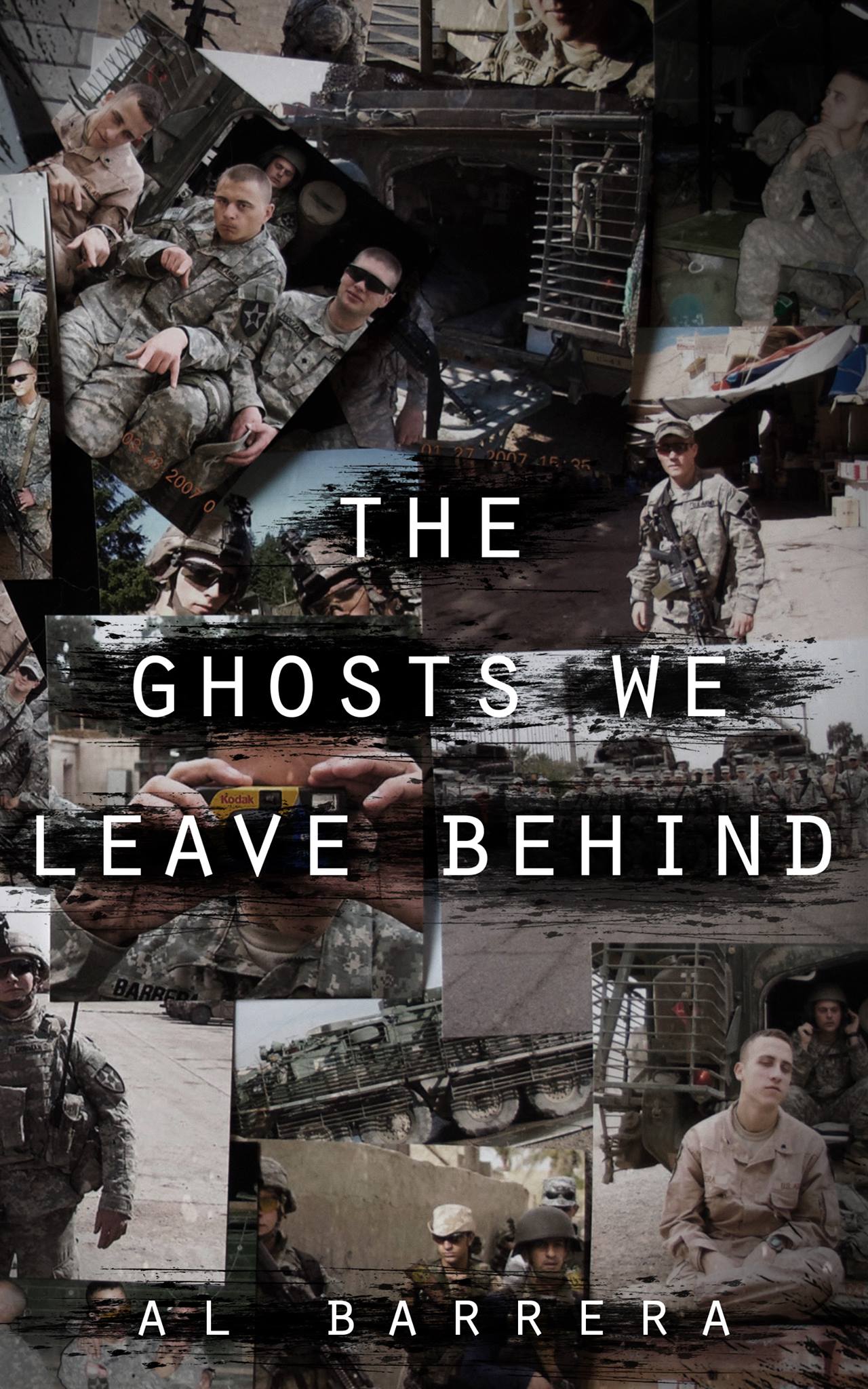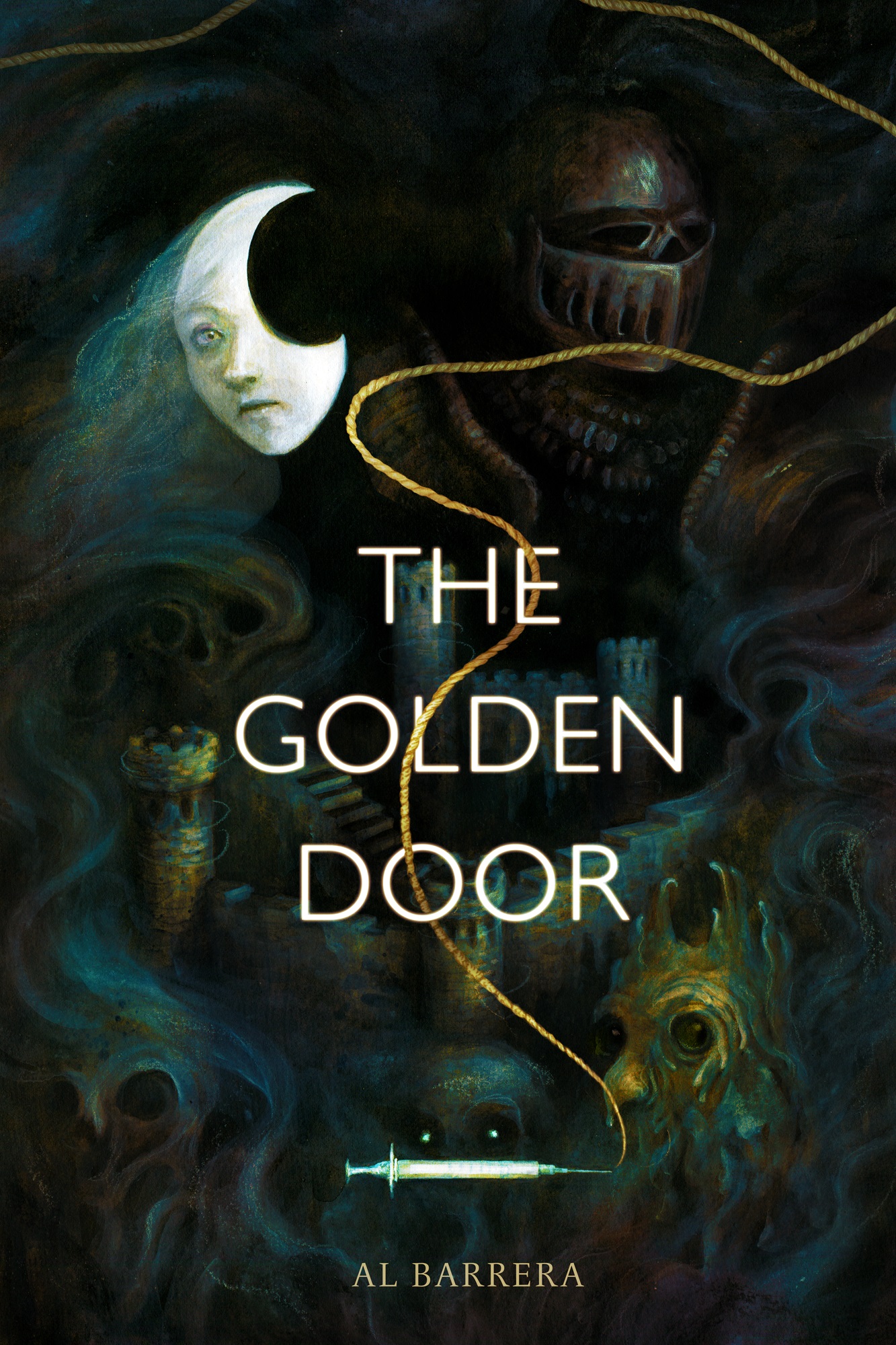Fears are at the root of horror, but fear is a really broad term. After all, some people are scared of spiders, while others are afraid of germs. Some people stay up at night worrying about their children, while others are concerned they will be failures across their whole lives. As writers, we use those fears for many purposes. We can show people how much it hurts our characters to lose their child in order to caution them about loving something while you have it. You can do it just to get them to shit their pants in terror. You can use it to show that death is inevitable, and it’s only a matter of time. But why is it that some things are so much scarier than others? Why do some films and books terrify us, while others are almost laughable, despite their horrifying monsters?
It’s not about the specific phobia, it’s the unifying concept of fear itself. Fear, at it’s root, comes from the unknown, and death is the ultimate unknown. Death is the trunk of the tree from which all fears blossom. (Be it your own or someone else.) Spiders and snakes might be unpleasant to look at, but it’s the things they can do and what they represent (Disease, poison, ugliness) that really scares us. Even fears of being stuck in a coma or trapped inside a casket at their base are fears of something similar to death. No longer being an actor in the world, just a passive participant who can’t do anything but live with that overwhelming horror until they finally (or never) do perish.
All of that said, as horror writers, we need to give that fear color. We outline it as killer clowns, ancient evil gods, zombies, and crazy ex-lovers. How we color it is how it affects our stories. After all, a book about an evil clown that just sorta sits around and plays with his tiny clown car isn’t actually a story at all. And here is where I think most horror goes wrong. We focus so much on the monster itself, we forget the fear. We make these grand scenes in which the monster does something scary, or the unwitting teenagers get chopped up, but we forget to make that gesture have impact. We mistake the actions themselves for horror.
Fear is in the character, not the monster, and certainly not in what it does. In order for the reader to feel that fear, we have to first create a character they can identify with inside the story. We then have to make that character face those fears (or refuse to face them), in order to bring the fear out of our character. In doing so, we scare the reader as well.
Let’s look at three examples:
The giant spider came at her and she screamed.
This sort of writing has all sorts of problems. Yes, we know there’s a giant spider, and we can guess that she’s scared because she screams. But a giant spider by itself isn’t scary, and while someone probably would scream when they see one, but that doesn’t tell us anything. Saying, “She screamed,” in a scary situation is right up there with, “He breathed.” Yeah, it can add something given the right context, but here it just falls flat. We’re also telling what’s going on instead of showing, which at it’s heart is a big part of what makes flat writing flat.
It came at her on eight massive legs, it’s gaping maw chittering, it’s countless eyes reflecting the moonlight overhead. Rebecca screamed and looked away, closing her eyes and hoping it wasn’t real. The sound didn’t stop, and the thing drew closer.
Better. There is more detail, and we focus more on working around the horror rather than steamrolling over it with our words. Your imagination can’t scare someone else as much as theirs can, you just have to lead them there. Let them fill in some blanks, but don’t overdo it. Descriptions can highlight aspects of something, but they shouldn’t be the only way you tell a story. Still, we barely touch on Rebecca herself. She’s just a participant right now, not the protagonist. We need to be inside of her head. Fear, after all, isn’t an action, but a reaction.
It walked towards her, its fangs gleaming in the dim moonlight spilling in from the window.
“It’s going to get you!“
“Please.. No!” She clawed at the wall behind her as it’s eight massive legs brought it closer and closer.
“It’s going to bite you and suck out all the juices until there’s nothing left!”
The darkness of its eyes had endless depth. A portal to a place where no sunlight ever shone.
“Because you’re a bad girl, Rebecca! And spiders get the bad girls!“
She fell to the floor, burying her face in her legs, rocking back and forth as the chittering thing closed the distance between them.
“Momma! Help me, please!”
Still not perfect, but you’re in a better place here. We see that Rebecca has been warned about the Spider, and that some deep rooted fear had put the idea in her head long before it even showed up. We know she’s afraid, and we can see by her reaction that fear is making her break down. Ladies and gents, you just got inside of the characters head without ever saying, “Rebecca though/thinks/wondered/etc…” We also give the scream depth. Saying, “She screamed,” can mean a million different things. People scream at concerts all the time, and my cat screams at me whenever it wants food. By showing what she screamed, we can see it’s a scream of horror without ever telling the reader so. Rebecca is afraid, and if you identify with Rebbecca, you are either afraid with her or for her.
That is where fear lives. Fear isn’t just the understanding that something is about to hurt, it’s the certainty that all the things we don’t want to think about are real. It’s knowing that every story ends with, “And then they all died,” if you follow it long enough. It’s the ultimate, “Even when you win, you lose.” Fear is in our understanding and reactions, not in the monsters, and our job as horror writers should be to drag those fears out of the reader and put them right in plain view. (Even if you never see the monster) You can’t do that by telling someone about a monster, and you certainly can’t do it just by describing something. It’s in tone and character more than the monster itself, and ultimately, it’s inside the reader.
And I guess that sums up my thoughts for today. Fear is an emotion, and emotion lives in the (wo)man, not the monster. Focus on how and why that character is scared, even if they don’t know. Your monster will never terrify someone as much as the their own psyche, no matter how hard you try.
And as always, keep writing.

